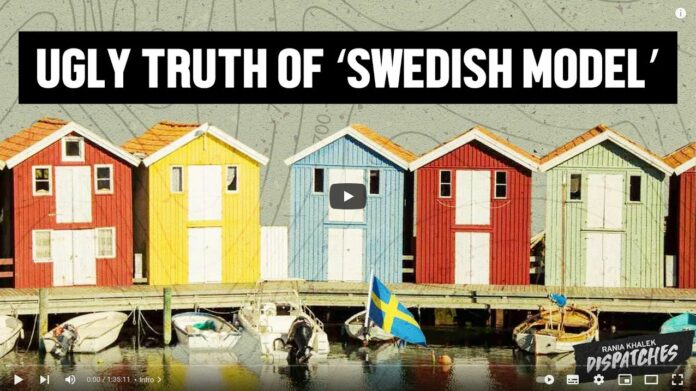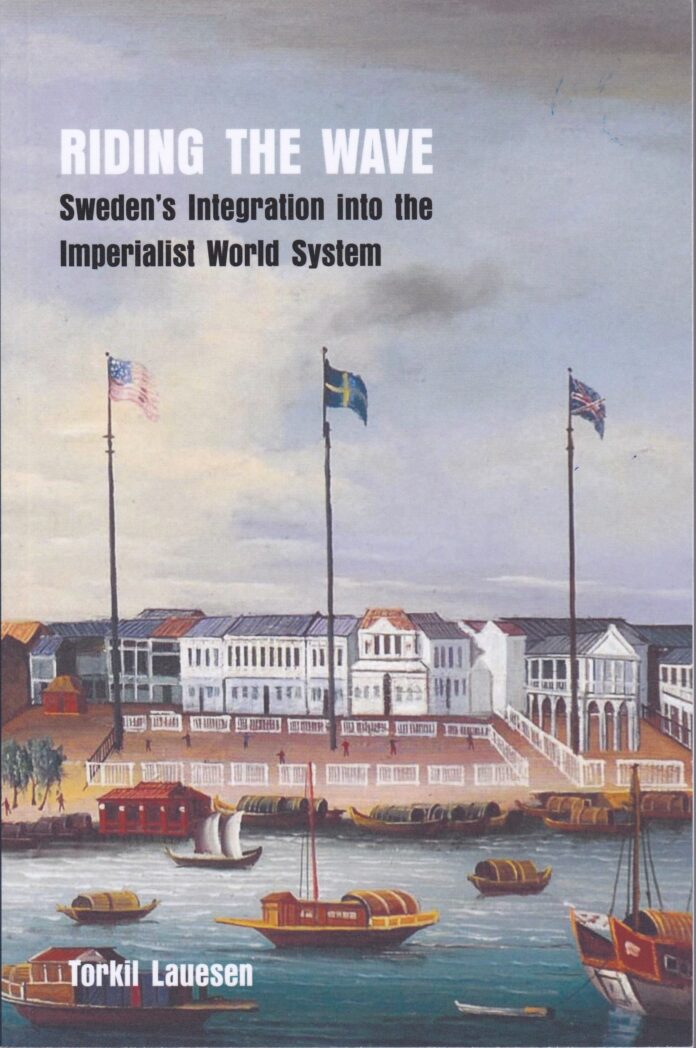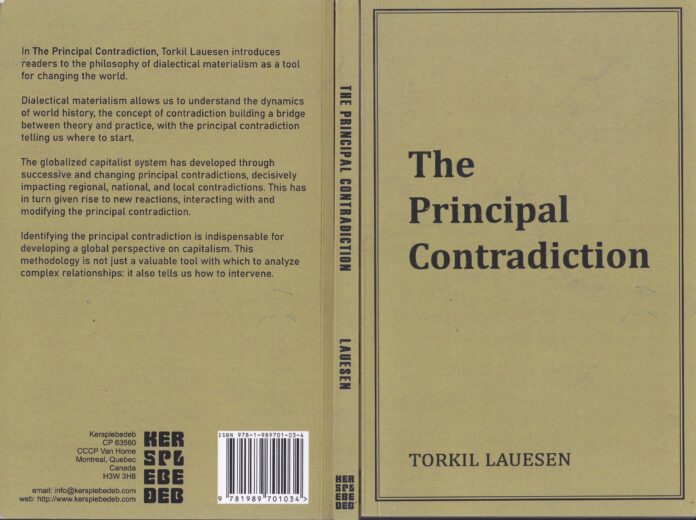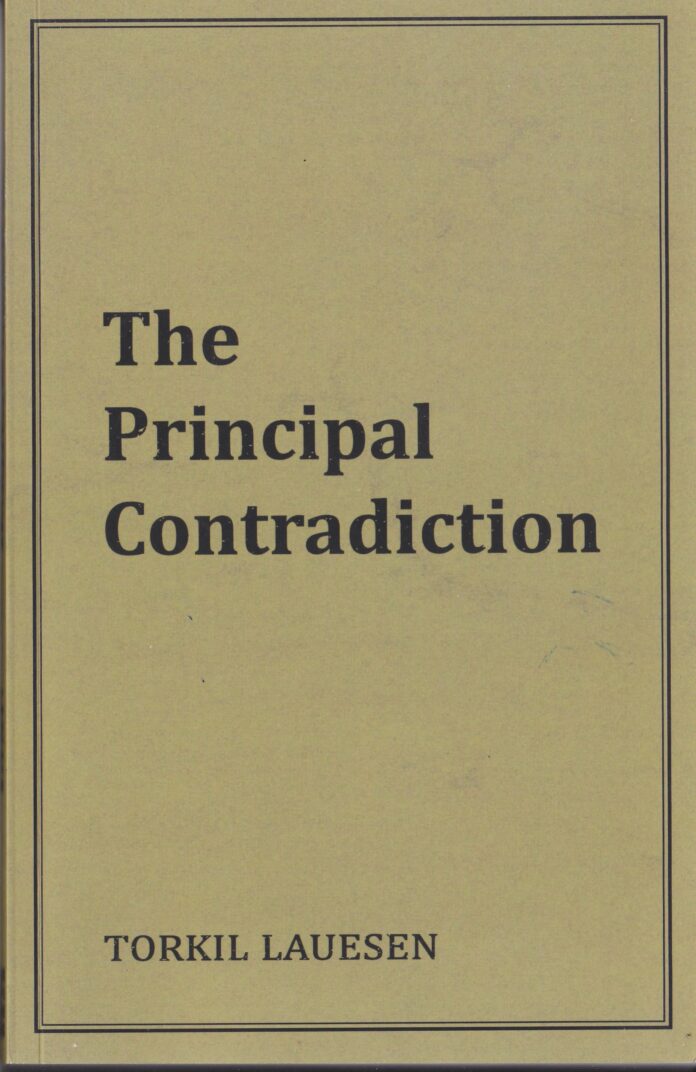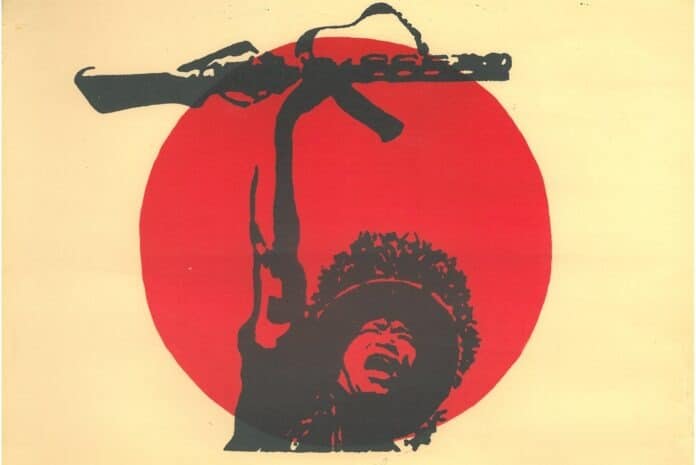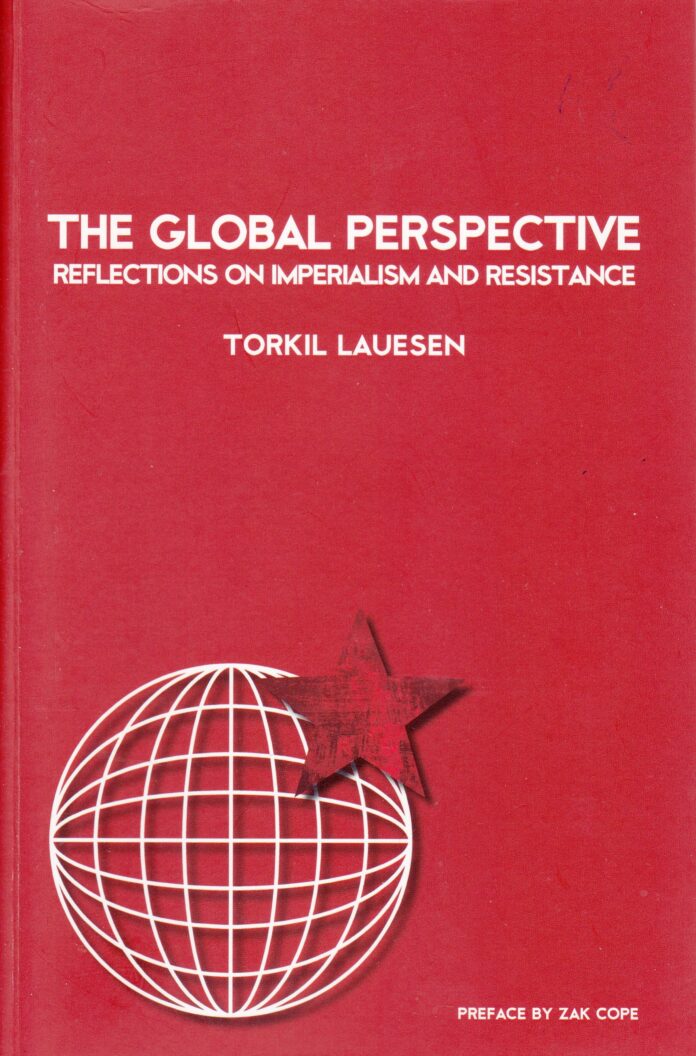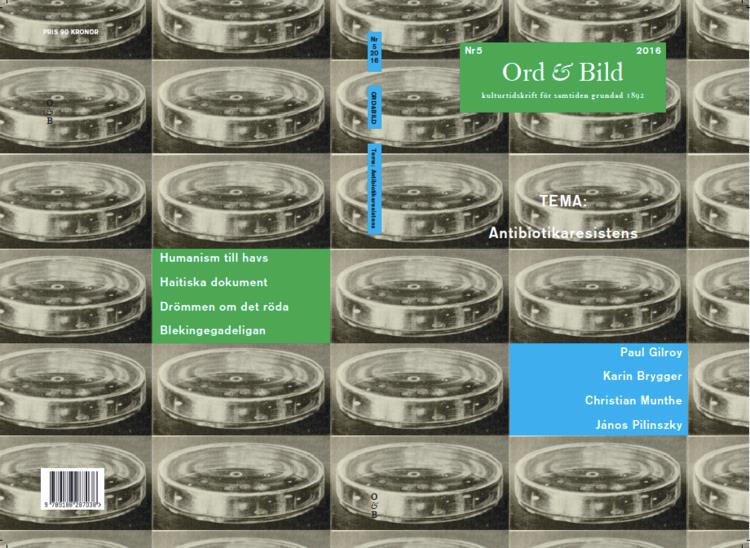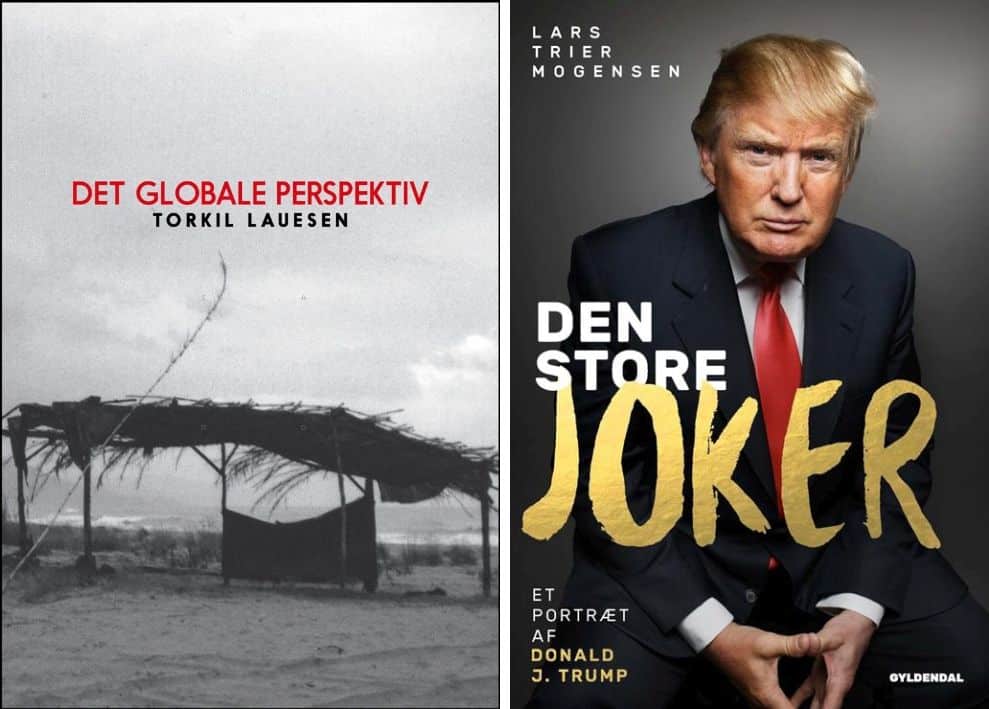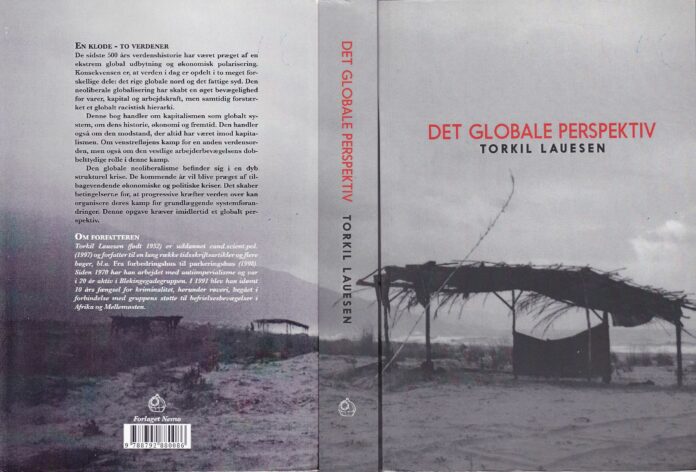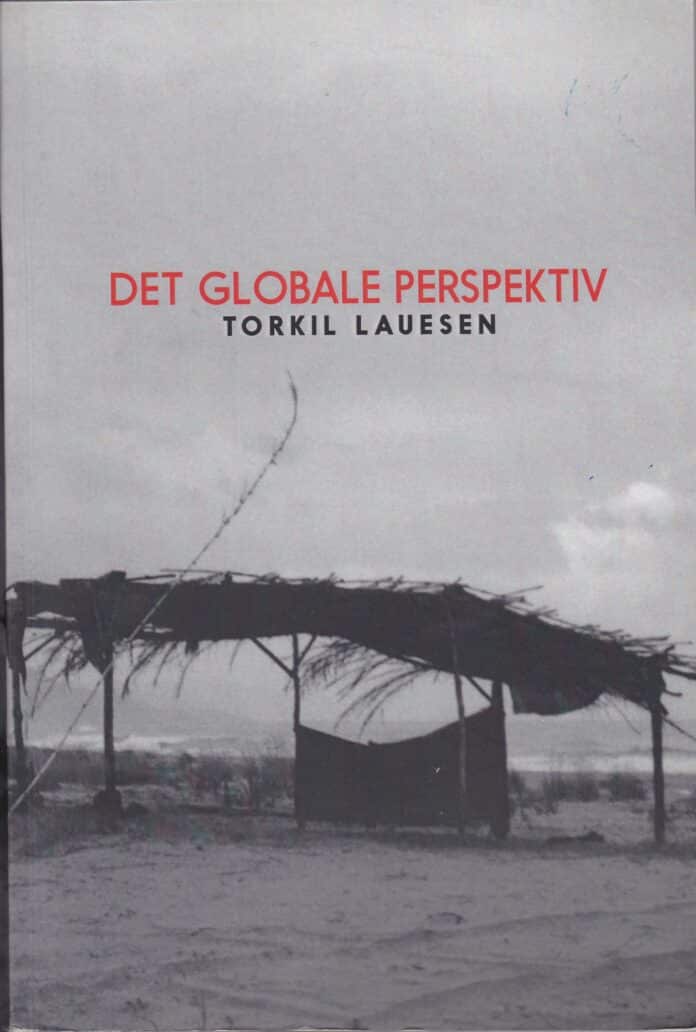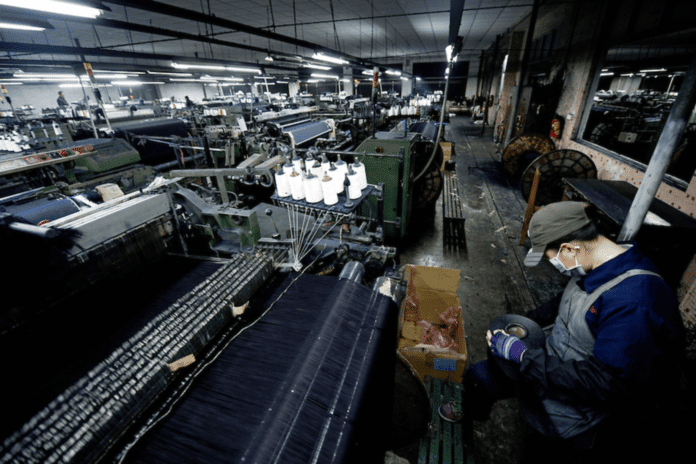How Sweden & Denmark Ride the Imperialist Wave
Rania Khalek from Breakthrough News interviews Trokil Lauesen on imperialism in Sweden and Denmark.
The Palestinian Left: Past, present, and Future
An analysis and evaluation of the PFLP, the Palestine left and the struggle for the liberation of Palestine with startingpoint in the PFLP document: “Strategy for the Liberation of Palestine” (1969).
“The Swedish Model,” Social Democracy and the Imperialist World System with Torkil Lauesen
Interview with Torkil Lauesen on his book: Riding The Wave: Sweden’s Integration into the Imperialist World System. (Published summer 2021 by Canadian Publisher Kersplebedeb on Millenials Are Killing Capitalism Podcast.
Torkil Lauesen Riding the Wave
I interview Torkil Lauesen about his latest book Riding The Wave: Sweden’s Integration Into The World Imperialist System. You can pick up the book from Kersplebedeb by visiting leftwingbooks.net”
Riding the wave : Sweden’s Integration into the Imperialist World System
Contents, Introduction, Bibliography and About the Author can be seen online.
"In general, the Scandinavian countries did not have the necessary military power and administrative capacity to establish and operate their own colonies. They had to ride the wave of the great colonial powers in order to enjoy the benefits offered by imperialism. There was no difference, however, between the Scandinavian countries and the great colonial powers regarding their attitude towards colonialism. European colonialism can be seen as a unified whole in which large and small countries played different roles. Some managed territories and opened up markets, others provided capital, built infrastructure, or transported goods to and from the colonies. The Scandinavian countries earned large sums by navigating in the wake of the major colonial powers."
—from Riding the Wave
Den nationale Befrielseskamps problemer – Del III
Nationalismen er blevet et problem for socialismen. I forhold til befrielsen fra kolonialisme og imperialisme spillede nationalismen en progressiv rolle i den tredje verden, men blev samtidig kilde til konflikter.
Torkil Lauesen Interview
In this episode I interview Torkil Lauesen, longtime anti-imperialist activist and author of two books including “The Global Perspective: Reflections on Imperialism and Resistance” and his latest “The Principal Contradiction”. We discuss Maoism, both historically and in the modern age, the election of Joe Biden, and we speak briefly about his upcoming book “Riding the Wave”
Review of: ‘The Principal Contradiction’ by Torkil Lauesen
"...Torkil Lauesen’s The Principal Contradiction is something of a breath of fresh air since it is concerned with centering and demystifying dialectical reason and, specifically, its iteration as dialectical materialism."
The Principal Contradiction
In The Principal Contradiction, Torkil Lauesen introduces readers to the philosophy of dialectical materialism as a tool for changing the world.
Dialectical materialism allows us to understand the dynamics of world history, the concept of contradiction building a bridge between theory and practice, with the principal contradiction telling us where to start.
Panel talk: ”Imperialism and International Solidarity”
In discussing imperialism and international solidarity, the panel is a contribution to a vital debate on the why and how of liberation struggle.
Vand under broen #7 – Thorkil Lauesen om KAK og maoismen
Vand under broen er tilbage med føljetonen om venstrefløjens historie i 60’erne og 70’erne. Denne gang kigger historikerne Janus Rønbach og Jonas Neivelt nærmere på Kommunistisk Arbejdskreds (KAK). Vi har inviteret mangeårige aktive på venstrefløjen, og tidligere medlem af KAK, Thorkil Lauesen i studiet til en snak om KAK’s historie og maoismens grundlag.
The Global Perspective
On imperialisme and globalization
"Part One focuses on political history, Part Two on political economy, and Part Three on political practice. There are also two appendices: one on Marx's theory of value, and one on Foucault’s theory of power. Both are essential to understanding my approach, but they are included as appendices to avoid disrupting the book’s narrative."
Det globale perspektiv
Anmeldelse af Torkil Lauesens bog 'Det Globale Perspektiv':
Nästan helt frånvarande i den breda offentliga bilden är det som här är det viktigaste skälet att tala om Torkil Lauesens bakgrund. I M-KA bedrevs kontinuerligt ett inträngande, öppet sökande men målinriktat teoretiskt arbete från marxistiska utgångspunkter. I Lauesens fall har det arbetet inte upphört. På ett sätt kan man säga att det är om det hans bok handlar: hur ett idéarv från 68-vänstern både förvaltas och utvecklas för att analytiskt fånga dagens globala politiska situation i syfte att förändra den.
Det skrider ad Helvede til
Knud Vilby anmelder Torkil Lauesen: Det Globale perspektiv i Social Kritik, nr. 147, oktober 2016, s. 91-93.
Det globale perspektiv af Karen Helveg Petersen
Torkil Lauesen's bog Det Globale Perspektiv anmeldes af Karen Helveg Petersen.
Anmeldelse: »En af de vigtigste danske politiske bøger i flere år«
Rasmus Alex Wendt anmelder Torkil Lauesen: Det globale perspektiv. Forlaget Nemo, 2016, 378 s.
Det globale perspektiv
Teoretisk værk, som fører snylterstatsteorien op til i dag. Den beskriver globaliseringen, som har ført til at en udflytning af store dele at produktionen fra det globale Nord til det globale Syd og de konsekvenser det får for arbejderklassen og klassekampen.
Hele bogen er online
Bogen er kommet i en engelsk udgave
Snylterstatsteoriens historie
Snylterstatsteorien blev fremført af især Kommunistisk Arbejdskreds (KAK) i 1970erne, men det er en teori, som har sin oprindelse helt tilbage i begyndelsen af 19-hundredetallet. I det seneste årti, i forbindelse med industrialiseringen af ”Syd” og de globale produktionskæders overførsel af enorme profit og billige varer fra ”Syd” til ”Nord” er teorien imidlertid dukket op igen i politiske og akademiske diskussioner.
Om EU’s krise
Årsagen til den nuværende krise i EU skal findes i de sidste 30 års neoliberale globalisering, der paradokssalt nok også var baggrund for det daværende Fællesmarkedets udbygning til en mere og mere politisk europæiske union.
Imperialism and the Transformation of Values into Prices
In this article, we aim to demonstrate that the low prices of goods produced in the global South and the attendant modest contribution of its exports to the Gross Domestic Product of the North conceals the real dependence of the latter’s economies on low-waged Southern labor. We argue that the relocation of industry to the global South in the past three decades has resulted in a massive increase of transferred value to the North. The principal mechanisms for this transfer are the repatriation of surplus value by means of foreign direct investment, the unequal exchange of products embodying different quantities of value, and extortion through debt servicing.

























